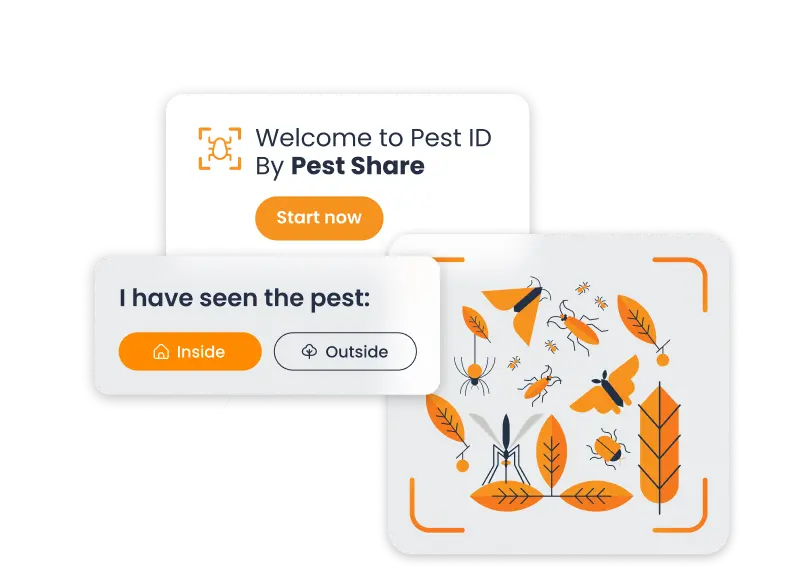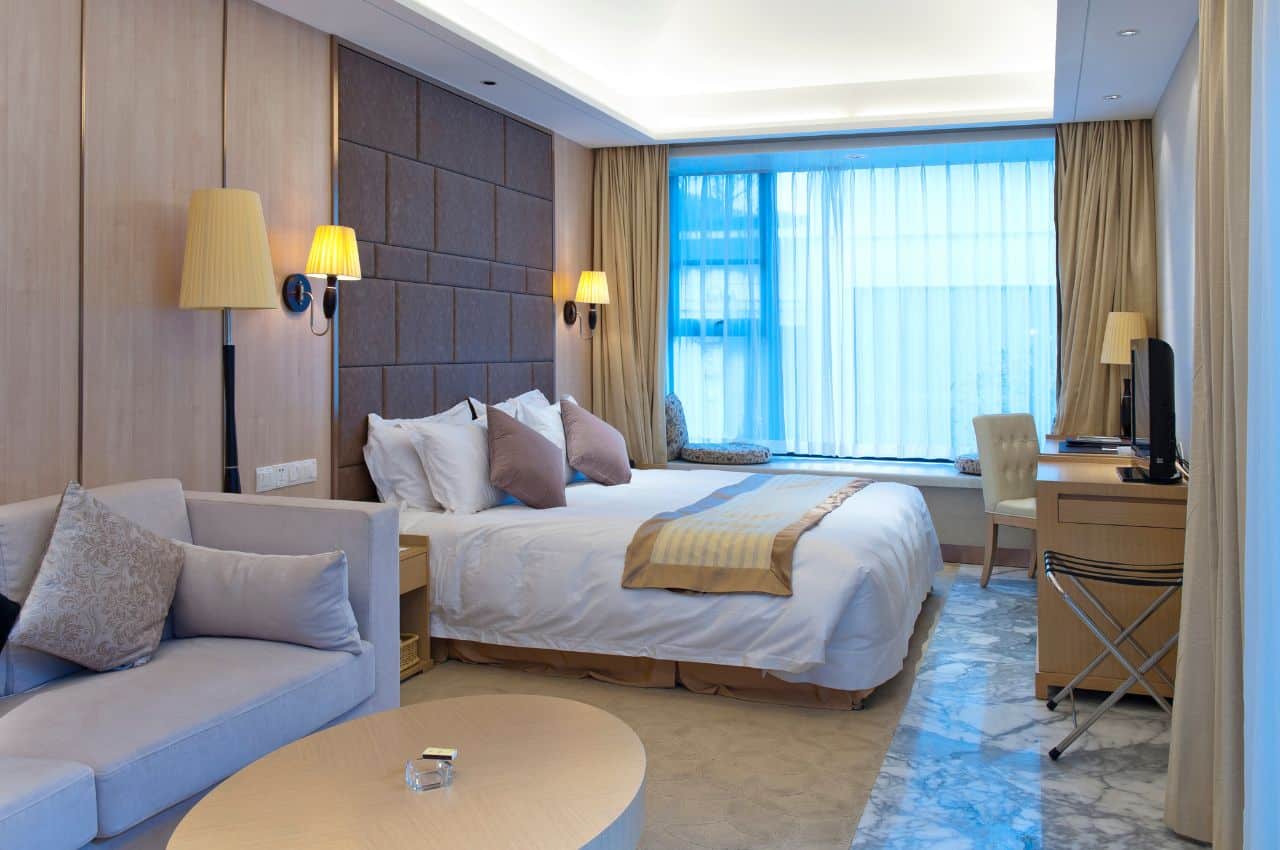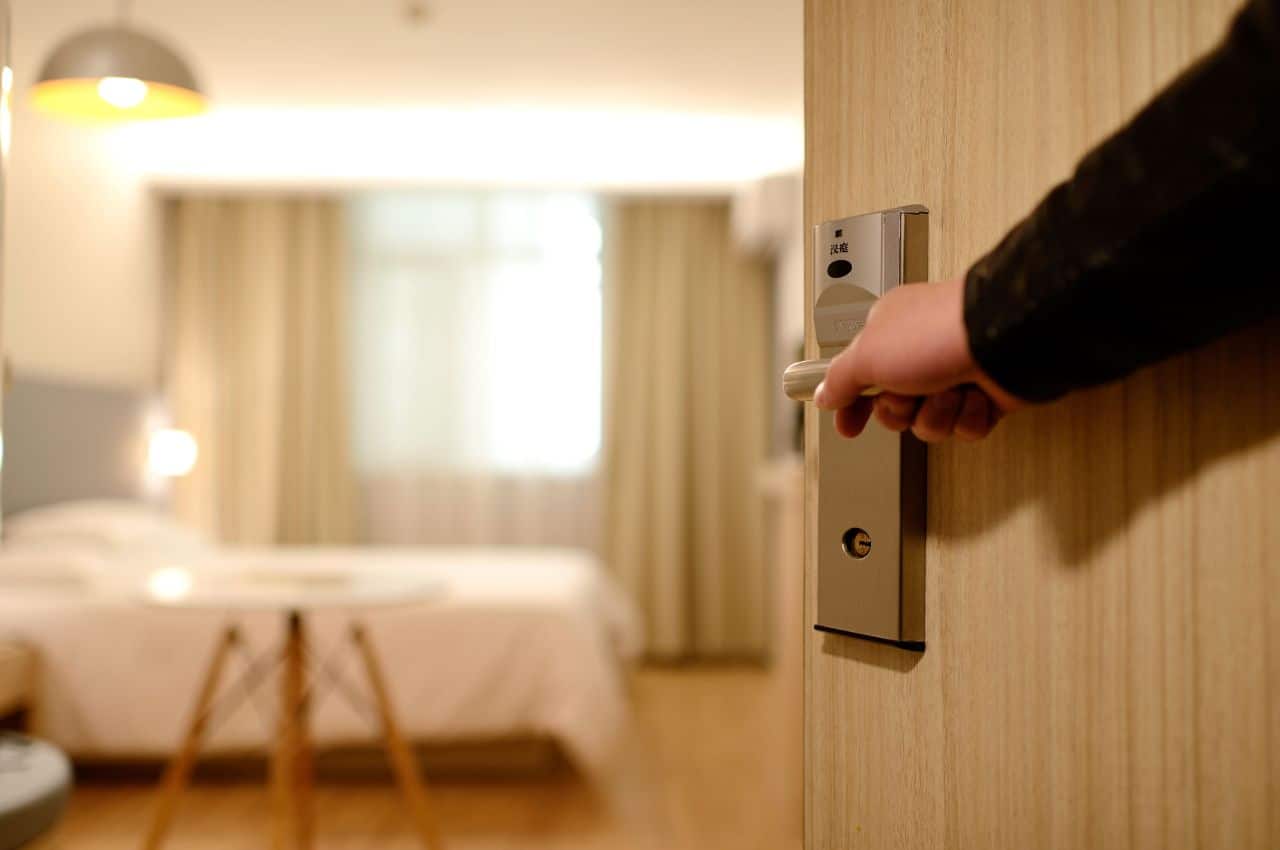In the highly competitive hotel industry, the guest experience is paramount. One of the critical aspects that significantly impacts this experience is the level of hygiene and cleanliness, particularly regarding pest control. Effective pest management is not just a regulatory requirement but a cornerstone in maintaining the reputation and appeal of any hotel. The presence of pests can quickly tarnish a hotel’s image, leading to negative reviews and a decline in guests. This guide delves into the intricacies of pest control in the hotel industry, outlining strategies to ensure hotels remain inviting, clean, and, most importantly, pest-free.
Don’t let pests take over your home! Act now and schedule a professional pest control service to get rid of unwanted guests.
Pest Control Hotel Industry: The Basics
The hotel industry faces unique challenges in pest control. Given the constant flow of guests from various locations, hotels are particularly vulnerable to pest infestations. This environment requires a dynamic and proactive approach to pest management.
Effective pest control in hotels involves more than just reactive measures to address infestations. It requires a comprehensive strategy that includes regular monitoring, preventative treatments, and rapid response to potential issues. Key to this approach is understanding the behaviour and patterns of common pests, as well as identifying and mitigating risk factors within the hotel premises.
A crucial aspect of pest control in the hotel industry is the balance between efficacy and discretion. While it’s essential to address pest issues promptly and thoroughly, it’s equally important to do so in a way that minimises disruption and maintains the comfort and privacy of guests. This balance is achieved through carefully planned strategies, often requiring the expertise of pest control professionals who are familiar with the hospitality sector.
Check out our post about Advanced Pest Control Services.

Modern Pest Control, Simplified.
The Importance of Pest Control in the Hotel Industry
Pest control is essential in the hotel industry not only for maintaining hygiene but also for protecting the guest experience and the business’s reputation. Pests such as bed bugs, cockroaches, and rodents can lead to health risks, damage property, and prompt negative reviews that deter future guests. Proactive pest management demonstrates a hotel’s commitment to providing a clean and safe environment, helping to build trust with guests. Moreover, adhering to strict pest control measures ensures compliance with health regulations, which is crucial for maintaining operational standards and avoiding legal issues. By prioritizing pest control, hotels safeguard their reputation and enhance guest satisfaction
Common Bugs in Hotels
Several pests commonly find their way into hotels, each posing unique challenges and health risks. Among the most notorious are bed bugs, which have made a significant comeback in recent years. These tiny insects are notorious for their ability to hitchhike on luggage and clothing, making hotels particularly prone to infestations. Bed bugs are not known to spread diseases, but their bites can cause discomfort, itching, and allergic reactions, significantly impacting a guest’s experience.
Cockroaches are another common pest in hotels. These resilient insects can spread bacteria and pathogens, contributing to unsanitary conditions. They are attracted to food and moisture, making hotel kitchens, bathrooms, and waste disposal areas particularly vulnerable.
Rodents, such as rats and mice, are also a concern in the hotel industry. They can cause structural damage, contaminate food, and carry diseases. Their presence can be particularly off-putting to guests and can pose significant health risks.
Other pests that may be encountered include ants, flies, mosquitoes, and various species of spiders. Each of these pests requires specific strategies to manage effectively. Understanding their habits, attractions, and vulnerabilities is crucial in developing an effective pest control plan for a hotel.
Commercial Pest Control for Hotels: Strategies and Solutions

In the realm of commercial pest control for hotels, a tailored approach is crucial. Hotels require strategies that not only address current infestations but also prevent future ones. The foundation of effective commercial pest control in hotels lies in Integrated Pest Management (IPM). IPM involves a combination of practices that focus on long-term prevention and control of pests, integrating techniques such as proper sanitation, habitat manipulation, and the judicious use of pesticides.
The IPM approach starts with a thorough inspection of the hotel to identify potential problem areas and current infestations. This process helps in pinpointing specific pests and understanding the factors contributing to their presence. Following the inspection, physical and mechanical control methods, such as sealing entry points and installing traps, are implemented. Chemical controls are used as a last resort and applied strategically to minimise exposure to guests and staff.
Regular monitoring and maintenance are essential components of this approach. This involves scheduled inspections, continuous surveillance of pest activity, and adapting strategies as necessary. Staff training is also vital, equipping hotel employees with the knowledge to identify early signs of pest activity and take appropriate action.
Hospitality Pest Control: Beyond the Basics
Advanced pest control measures in the hospitality industry go beyond the standard procedures. In this sector, it is not just about eliminating pests but doing so in a way that aligns with the high standards of service and comfort expected by guests.
One key aspect of advanced pest control in hotels is the use of eco-friendly and non-invasive methods. These methods are not only safer for guests and staff but also align with the growing demand for sustainable and environmentally responsible practices in the hospitality industry. Techniques such as heat treatments for bed bugs, biological controls for garden pests, and pheromone traps for specific insects are examples of such advanced methods.
Discretion is also a critical factor in hospitality pest control. Methods that allow for effective pest management without visible disruptions are preferred. This could involve the use of discreet bait stations, low-profile traps, and treatments that can be applied in guest-absent scenarios.
Hotel Pest Control: A Preventative Approach
Prevention is key in managing pests in hotels. A proactive approach not only addresses existing problems but also prevents future infestations. This involves regular and thorough inspections of all areas of the hotel, particularly high-risk zones such as kitchens, laundry rooms, and guest rooms.
Implementing strict sanitation protocols is essential. Regular cleaning schedules, proper waste management, and food storage practices reduce the attractiveness of the hotel to pests. Ensuring that areas like kitchens and dining areas are free of food debris and spills can significantly reduce the likelihood of pest infestations.
Another crucial aspect of prevention is staff training. Educating hotel staff on the signs of pest infestations, proper sanitation practices, and correct response protocols is vital. This empowers them to be the first line of defence against pests, ensuring quick action and reporting.
Pest Control Challenges in Different Hotel Areas
Different areas of a hotel present unique pest control challenges. For instance, guest rooms require a focus on bed bugs and ants, while kitchens are more prone to issues with cockroaches and rodents. Each area requires a tailored approach to pest control.
In guest rooms, the emphasis is on regular inspections and immediate response to any signs of pests. This includes checking for signs of bed bugs during housekeeping services and using mattress encasements to prevent infestations.
Kitchens require stringent sanitation measures, regular cleaning, and proper food storage practices to deter pests like cockroaches and rodents. Utilising pest-proof containers, maintaining clean appliances, and ensuring no food is left out are crucial steps.
Storage areas and basements need to be regularly inspected for signs of rodents and insects. Keeping these areas clutter-free and ensuring they are well-sealed can prevent pests from finding a haven in these less-frequented spaces.
Working with Pest Control Professionals
For many hotels, partnering with professional pest control services is a key element in maintaining a pest-free environment. Companies like Pest Share bring specialized knowledge and advanced tools to tackle pest issues effectively. These professionals can provide comprehensive assessments, tailor-made solutions, and ongoing support, which are vital for hotels dealing with diverse and recurrent pest challenges.
Professional pest controllers conduct thorough inspections to identify current infestations and potential risks. They can implement advanced treatment options that are less disruptive and more effective than standard practices. Moreover, they can offer ongoing maintenance and monitoring services, ensuring that the hotel remains pest-free.
Working with professionals also ensures compliance with health and safety regulations, which is critical in the hospitality industry. They stay updated on the latest pest control methods and regulations, ensuring that hotels are not only pest-free but also adhere to legal standards.
Guest Education and Communication
Effective communication with guests about pest prevention can play a significant role in a hotel’s pest management strategy. Educating guests about how to avoid attracting pests, such as not leaving food out or ensuring luggage is pest-free, can significantly reduce the risk of infestations.
Hotels should also have clear communication protocols for handling guest reports of pests. Prompt, polite, and effective responses to such reports are crucial. This includes immediate inspection of reported issues, swift action to resolve any problems, and follow-up with guests to ensure their comfort and satisfaction.
Maintaining a Pest-Free Reputation
In the hotel industry, reputation is everything, and a pest-free environment is a critical component of maintaining a stellar reputation. Regular pest control, combined with proactive measures and professional assistance, can ensure that a hotel consistently meets the high standards expected by guests.
Hotels should leverage their commitment to a clean, safe, and pest-free environment as part of their marketing strategy. Sharing information about the measures taken to prevent pest infestations can reassure potential guests and enhance the hotel’s image.
Conclusion
Effective pest control is a non-negotiable aspect of running a successful hotel. By understanding the unique challenges of different hotel areas, working with pest control professionals, and engaging in proactive prevention strategies, hotels can maintain a welcoming and pest-free environment. Remember, a five-star guest experience includes peace of mind, which comes from knowing they’re staying in a clean, safe, and pest-free hotel. If you’re in the hospitality industry and need expert assistance, don’t hesitate to reach out to Pest Share – your partner in maintaining a pristine, guest-ready establishment.





